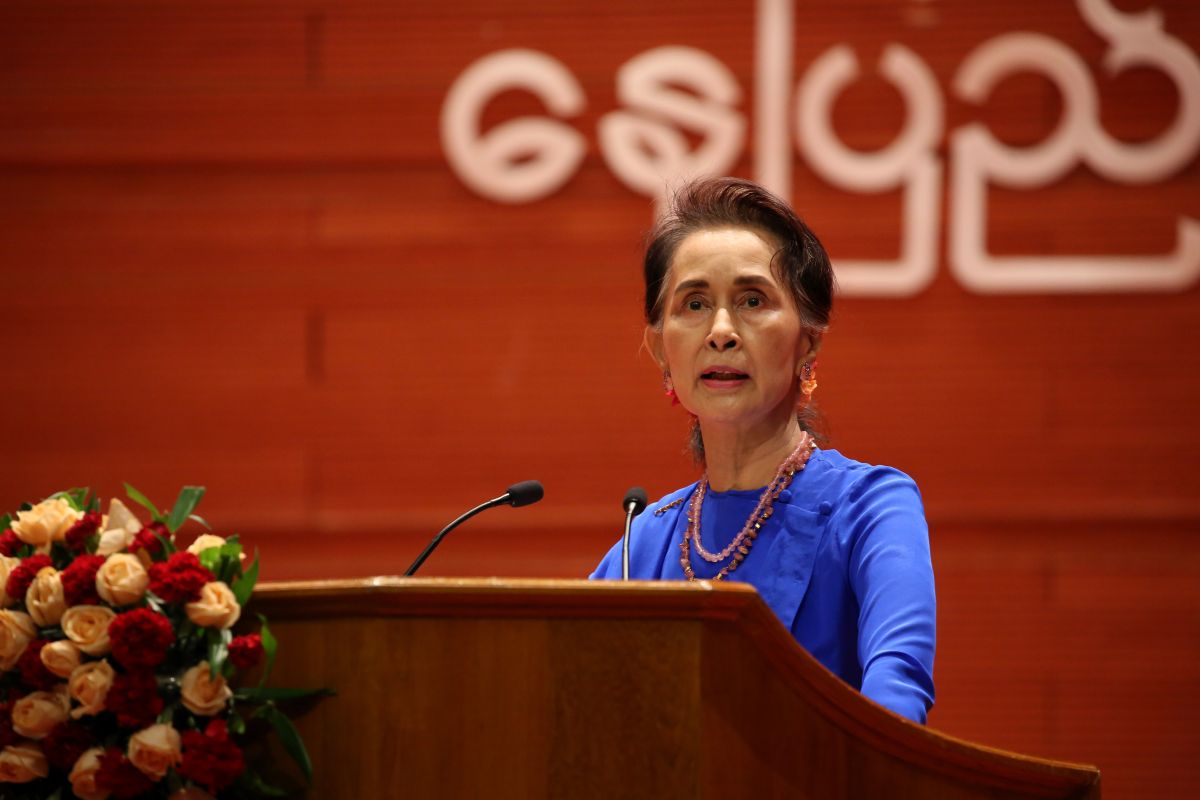While the attention of the world remains riveted on an election taking place this week, another election of significance to this region will take place five days later, in Myanmar which was conditionally welcomed into the comity of democratic nations five years ago.
At the threshold, it was known that Myanmar was giving itself a flawed democratic structure for it yielded to its military a quarter of the parliamentary seats and accepted a condition where the country’s best known leader, Nobel Laureate Aung San Suu Kyi would be forced to play a constricted role because of a constitutional bar on her becoming de facto head of government.
Advertisement
But there was hope that with the passage of time, the military would relax its grip and Myanmar’s democratic structures would gather strength. Certainly, there was hope that the vexed question of the Rohingya, deemed stateless in the nation they live in, would be resolved, substantially if not entirely satisfactorily.
Much of that hope stemmed from the belief that Ms Suu Kyi was thought to be a liberal, a long-term victim of the military’s intolerance and a symbol of resistance. Perhaps the world misread her, or she understood the rules of the game under which she was permitted to operate by the military far better than foreign observers ever could.
Whatever be the reason and as Ms Suu Kyi’s National League of Democracy seems poised to return to power next week, there is need to record that Myanmar has not grown as a democracy in the past five years. Indeed, it may well have regressed for Myanmar’s powerful establishment appears to used the veneer of democracy to tighten its grip on the country and Ms Suu Kyi has turned her back on the human rights platforms she had sought to use when she had been persecuted and has become the mouthpiece of an establishment accused of genocide.
The United Nations Human Rights office has already warned that the country’s discriminatory election laws cast doubts on the fairness of the ballot. For one, the ethnic Rakhine and the Rohingya Muslim have largely been disenfranchised with no polling slated to take place in 56 townships. Next, the government has made no effort – despite a presidential directive against hate speech – to regulate social media content targeting Muslims. Third, and most curiously, the regime has decreed that as part of Covid stay-at-home measures, journalism is a non-essential profession. This means they cannot that coverage of both discrimination and disenfranchisement is effectively nipped in the bud.
Fourth, there are wide disparities in the access to media that the ruling NLD and opposition parties have, putting the former at a disadvantage. Even what the Opposition says must run the gauntlet of the national election commission, which has already censored critical views. Little wonder that voters are largely disinterested.
A poll conducted by a local observer group showed that less than a third of voters are now interested in politics and only about half said they would vote. And to think democracy is supposed to be about the people!











